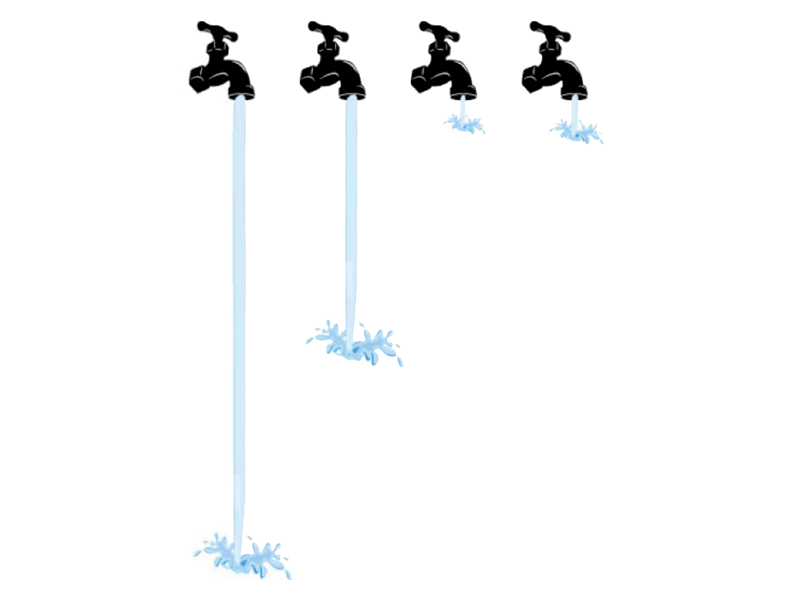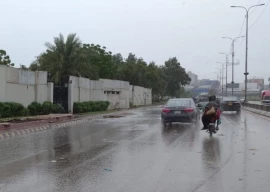
KARACHI:
As many as 60 per cent of Sindh's public school are without drinking water facilities, 40 per cent are without electricity and 35 per cent have no boundary walls. All these facilities are absent despite the allocation of Rs145.02 billion for the education sector in the province.
Sindh education secretary Fazlullah Pechuho revealed these figures during a provincial meeting on education governance. The meeting was organised by an NGO, Mishal Pakistan, in collaboration with Ilm Ideas, a three-year UKaid-funded programme, to highlight the importance of government and media partnership to enhance accountability.
Pechuho told the meeting that the education department has the approval of the cabinet to improve the state of public schools in Sindh through public-private partnership. Aiming to improve accountability and media coverage of issues pertaining to education, the Ilm-o-Agahi project brought together journalists, policy makers and NGOs for a dialogue on education journalism. They discussed the constructive role journalists can play in monitoring the government's work in the education sector.
"Media freed the judiciary and helped in achieving democracy then why doesn't the media help in improving the education system?" asked Pechuho. "Over 40,000 ghost teachers and 5,229 ghost schools loiter unaddressed in Sindh despite the allocation of Rs145.02 billion in the budget for education."
According to Pechuho, the real reason behind the lack of implementation of education policy is the bureaucracy. Talking about the fake recruitments of teachers, he lamented the fact that every time he gives a show-cause notice to a teacher, the Sindh High Court gives him a stay order. He admitted that a majority of government school staff does not have any proper training and said that he looks forward to taking help from the private sector in training teachers.
Aamir Latif, a senior journalist and the moderator of the discussion, said that the most incompetent individuals used to join the police department or the teaching sector in the past, which has led to the current state of education in Sindh.
Pechuho claimed that a data centre will be set up to monitor the attendance of teachers. He added that a biometric system will also be introduced in government schools in Sindh after five or six months to ensure the attendance of teachers.
He said the monitoring of district officers and assistant district officers over teachers is like 'one robber trying to monitor another' since these officers were also teachers once and were mostly as inefficient and unreliable as the current lot.
Published in The Express Tribune, January 21st, 2015.










































COMMENTS
Comments are moderated and generally will be posted if they are on-topic and not abusive.
For more information, please see our Comments FAQ